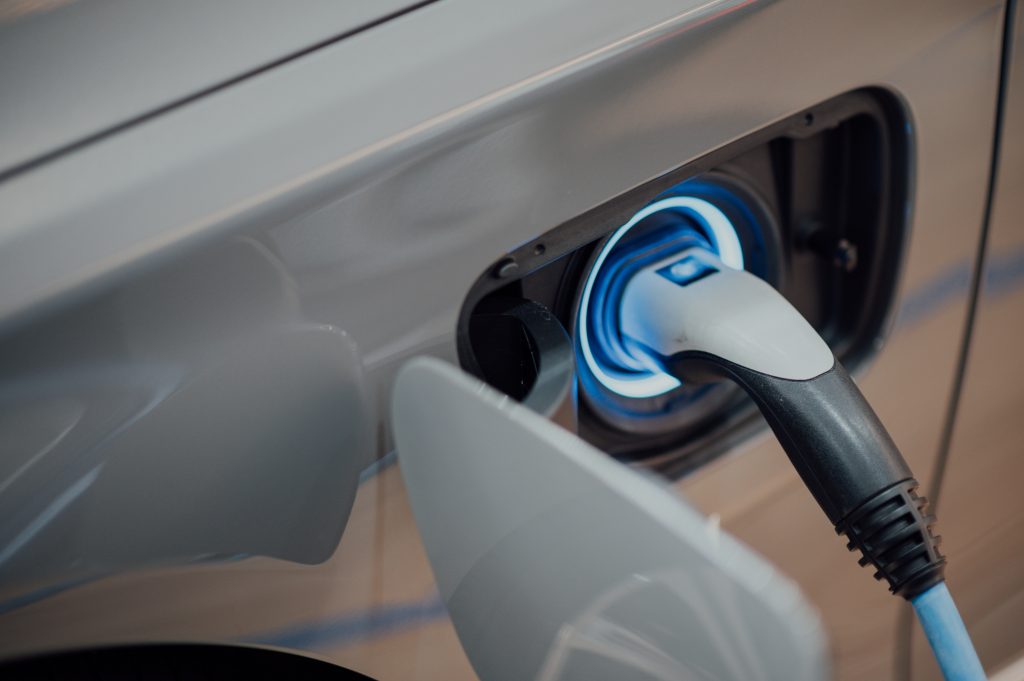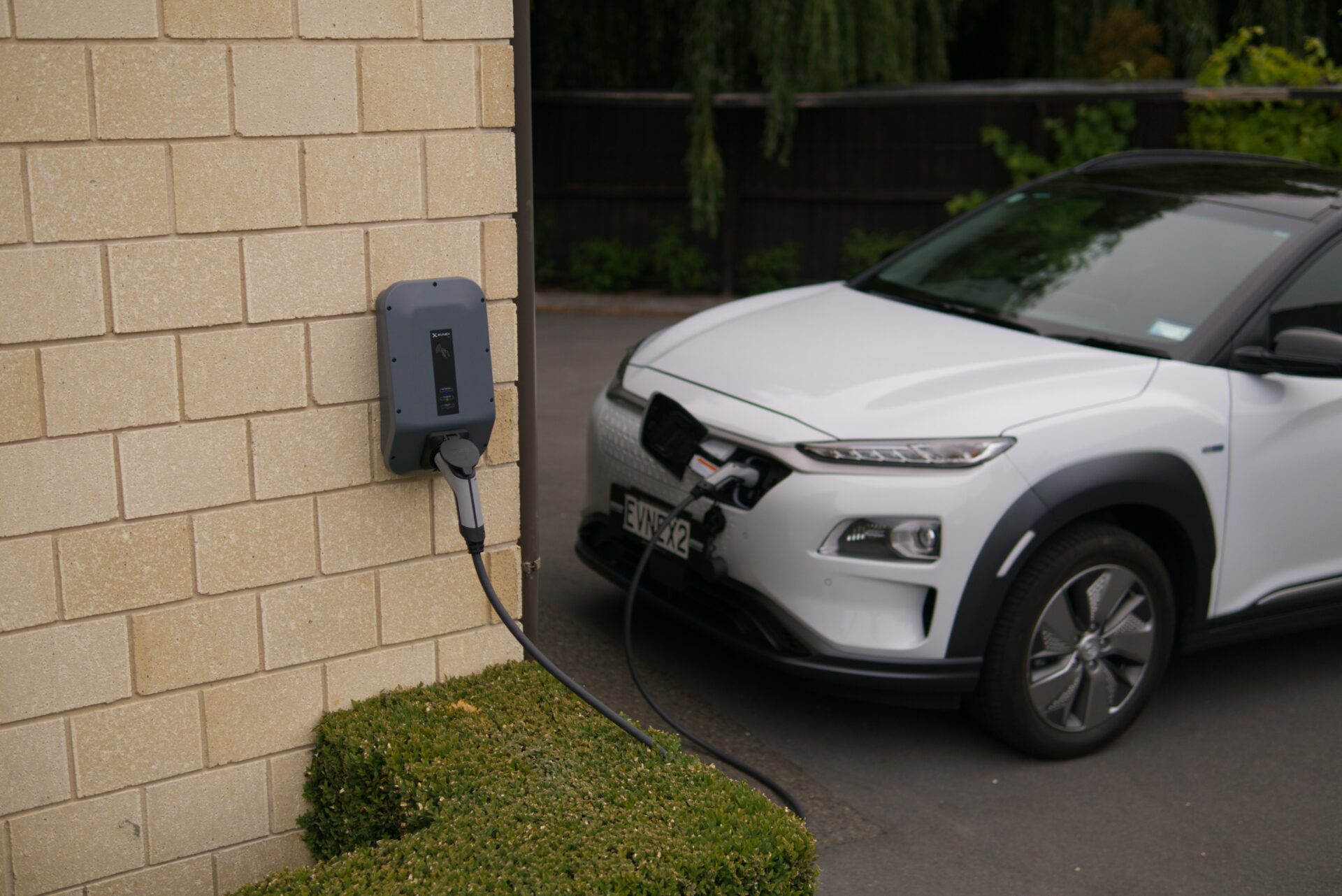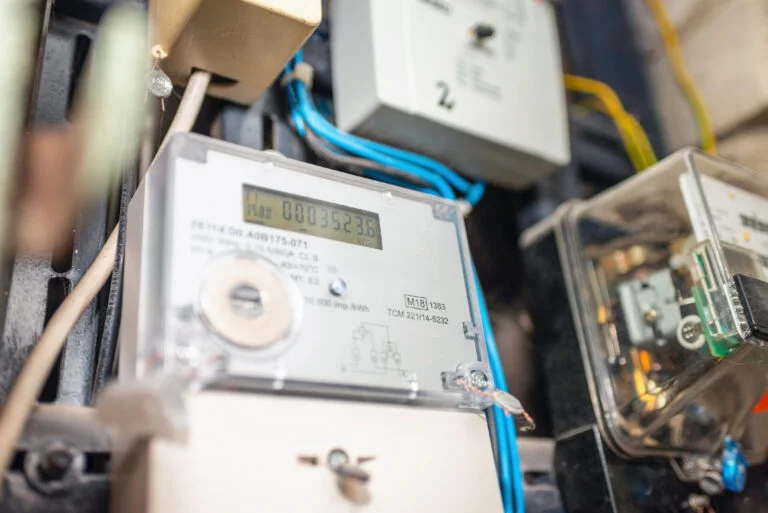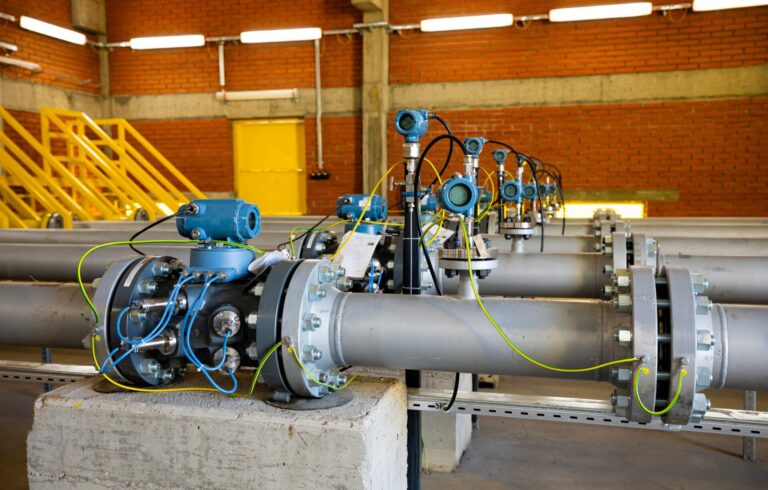
Last winter Boris Johnson announced his Ten Point Plan for a Green Industrial Revolution. “Imagine”, Johnson noted, “You cook your breakfast using hydrogen power before getting in your electric car, having charged it overnight from batteries made in the Midlands”. Central to the Prime Minister’s image of a greener future is greener transport. However, this dream is still a long way from reality, with 11.9 million petrol and diesel cars on UK roads and only 300,000 electric vehicles.
Nevertheless, Johnson’s ten-point plan promises to mobilise £12 billion in government investment and potentially three times as much through private sector contracts. The Prime Minister has pledged to end the sale of new petrol and diesel vehicles by 2030 and hybrid vehicles by 2035. Read our blog on the introduction of E10 Petrol.
While the car industry’s response has been mixed, Jaguar Land Rover has already accelerated its plans to electrify its vehicles in response to the government’s announcement.
What does this mean for UK motorists?
Whilst the ban on the sales of new petrol and diesel cars will affect those hoping to buy a new car, this does not mean you cannot buy petrol and diesel cars that have already been manufactured.
Furthermore, you won’t have to switch from your existing petrol or diesel car as the ban is for new vehicles only. Be warned, however, the rise of the low and ultra-low emission zones around UK cities is on the increase. With Bath, Birmingham, Glasgow and London already operating low emissions zones and with a further six major UK cities planning to implement the policy within the next two years, UK motorists are going to be pushed towards greener vehicles such as electric and low-emitting plug-in hybrid vehicles, if they want to avoid emissions charges.

Are Hybrid Vehicles exempt from the ban?
How affordable are electronic alternatives?
What can your business do to make sure it's prepared?
With the shift towards electric vehicles counting down, there are several ways your business can capitalise on the Green Revolution. If you’re installing electric vehicle charging points for your business and employees, you could get up to £14,000 towards the cost of your electric vehicles charging stations under the government’s “Workplace Charging Scheme”. Furthermore, if your fleet vehicles will be charged at home, the government’s Electric Vehicle Homecharge Scheme can provide £350 towards the cost of installing home charging points.
If you want to level up your business, get in touch today to see how BP Consulting can help.






